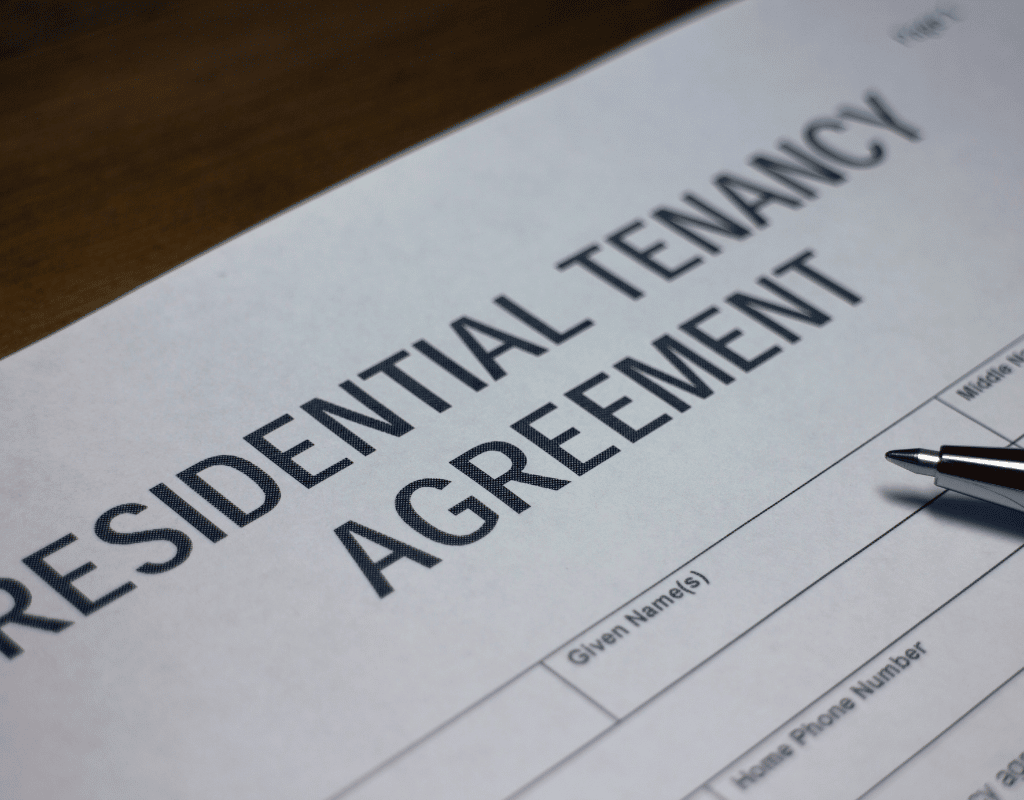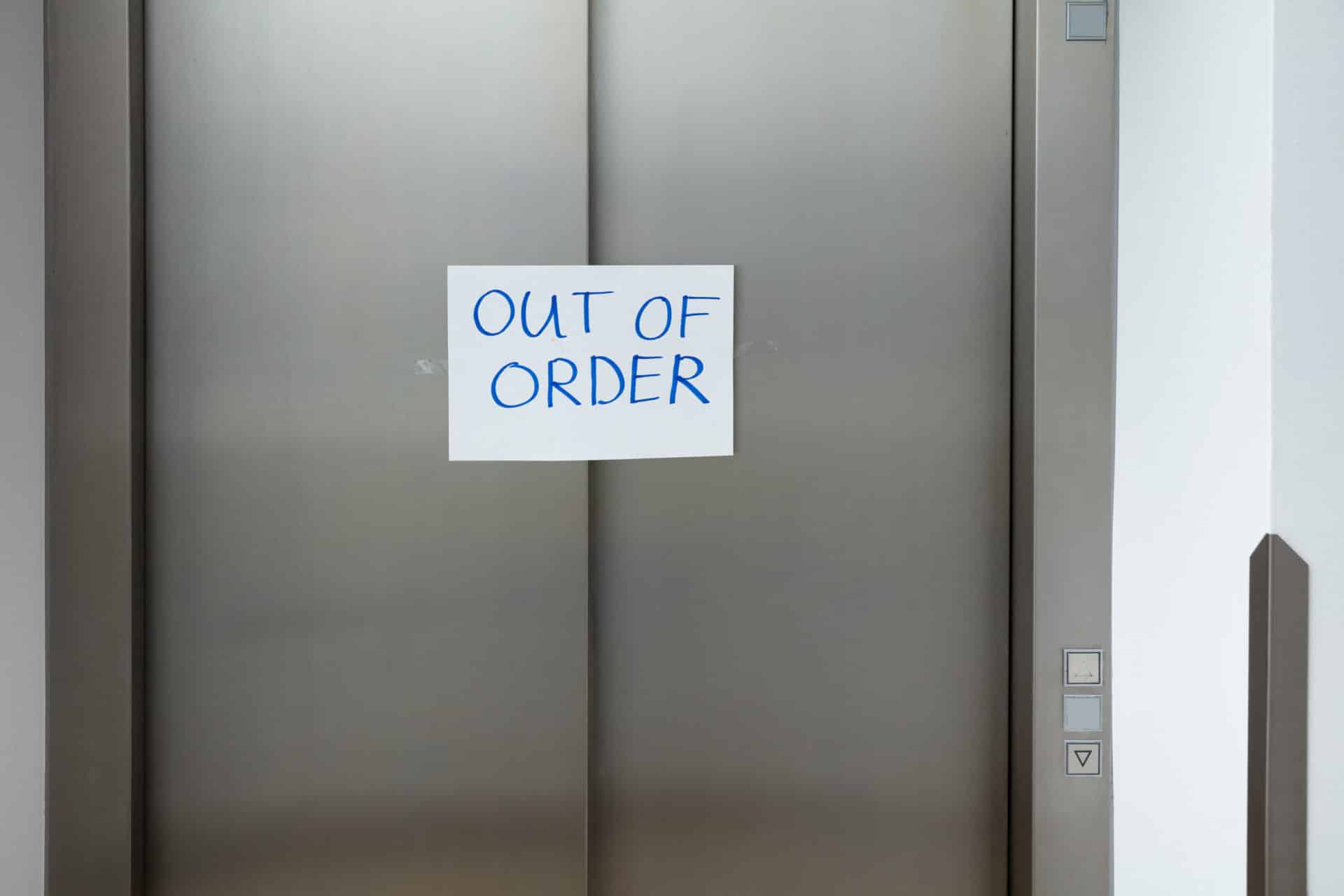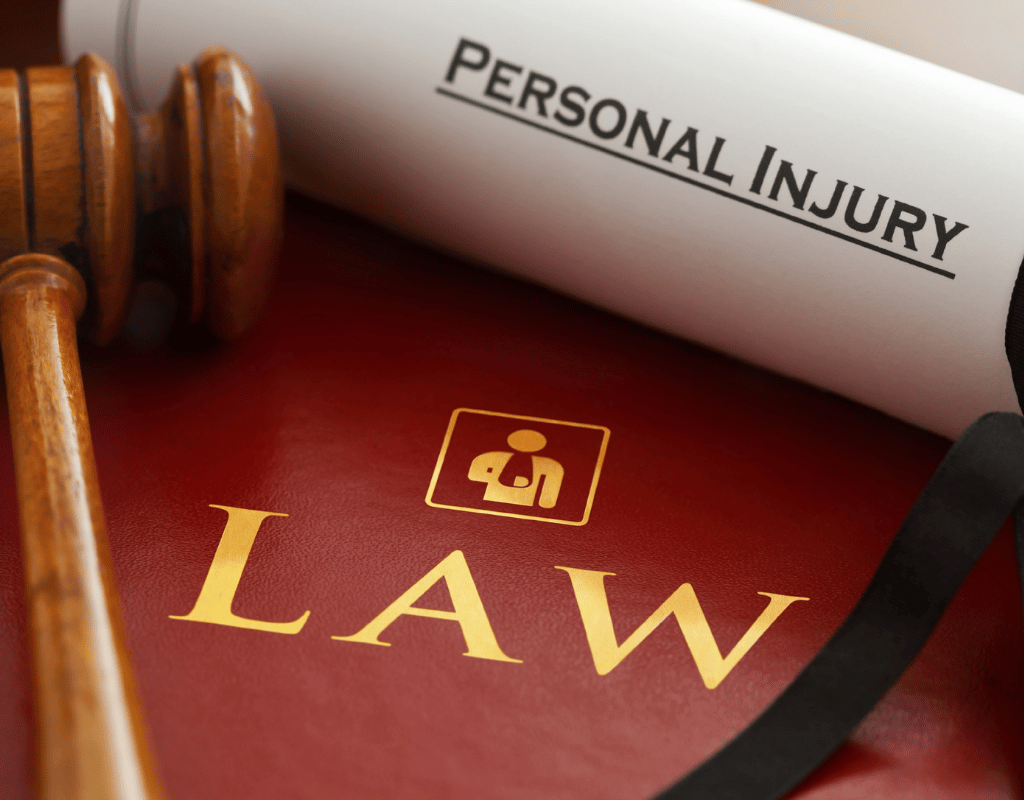
If you are a citizen in New York City who lives in an apartment under a landlord, you are entitled to many tenant’s rights relating to the safety and quality of your housing.
You have the right to feel safe in a well-maintained building free from pests, leaks, and other dangerous conditions. These rights are under the statutes dedicated by premises liability law.
In cases where your landlord violates your privacy, harasses you, discriminates against you, or retaliates against you, you have the right to bring legal challenges against them. It is always important to remember that you have rightsㅡbut even more important to know those rights.
In this post, we will discuss certain rights that you have as a tenant living in NYC, along with what your landlord’s responsibilities are, plus when to bring your landlord to court.
Tenant’s Rights in New York City
Right to Organize
Tenants have a legal right to organize. They may form, join, and participate in tenant organizations with the purpose of protecting their rights. These tenant meetings must be permitted by the landlord.
The tenants’ meeting has a right to use any community or social room in the building, cost free. Tenants’ meetings must be held at a reasonable time and remain peaceful.
Right against Retaliation
It is illegal for landlords in New York to retaliate against tenants for participating in tenant organizations, as well as those who make a good faith complaint to such groups or a government agency.
“Retaliation” can be subjective. It is presumed that a landlord is retaliating if:
- Within one year of a tenant’s complaint, the landlord substantially alters the terms of a tenant’s rental agreement.
- “Substantially alters” is also subjective. It includes: refusing to continue rent to you, failing to renew a lease after it has expired, or requiring an unreasonable rent increase
- Within one year of making a good faith complaint, your landlord brings an eviction case against you. If eviction is brought up within a year of a good faith complaint, the law requires that the landlord demonstrate how the eviction is not retaliatory.
With laws against retaliation, landlords are required to establish that any decision regarding a tenant who has recently made a good faith complaint is non-retaliatory.
Tenants may collect damages from landlords if the evidence shows that landlords acted with a retaliatory motive.
Right to Privacy
You have a right to privacy within your apartment. Your landlord may enter your apartment with reasonable prior notice and at a reasonable time.
For instance, your landlord may enter your apartment, with your consent, to provide agreed upon or routine repairs or services. Your landlord may enter your apartment without your consent in an emergency, such as a fire or water leak.

Right against Harassment
Harassment may take the form of physical or verbal abuse, willful denial of services, or disruptive construction projects that interfere with the health, safety, and use of an apartment. Landlords found guilty of harassment incur fines of up to $2,000 for the first offense and up to $10,000 for subsequent offenses.
Harassment can also take the form of any action intended to force a tenant out or compel a tenant to give up any rights granted to the tenant by law. It can also occur if they deliberately misrepresenting the law to a tenant.
A Landlord’s Responsibilities
A landlord is not only required by law to comply with certain restrictions, but also required under your lease to fulfill certain living accommodations. Read carefully: your lease may actually state that you give up your right to live in a livable, safe, and clean environment.
For example, your landlord is responsible for providing you adequate heat on a regular basis. They must rid your apartment of insect infestations. However, this is not applicable if you cause the unlivable condition.
Other responsibilities of the landlord:
- Keep apartments and public areas in good repair, clean of insects, pests, garbage
- Make sure all electrical, plumbing, sanitary, heating, and ventilating systems are functional
- All appliances they install, like refrigerators and stoves, are working
- Keep apartments free of bedbugs and provide tenants with notice of smoking policy

If your lease does not state anything about your right to live in a livable, safe, and clean environment (the warranty of habitability), you do have this right.
When You Can Take Your Landlord to Court
If you notice that your landlord breaches your warranty of habitability, first give the landlord a written notice of the breach of warranty. Make sure to keep proof of the notice. If your landlord fails to make a repair or continues to violate your warranty of habitability, you may be able to sue your landlord for rent reduction.









